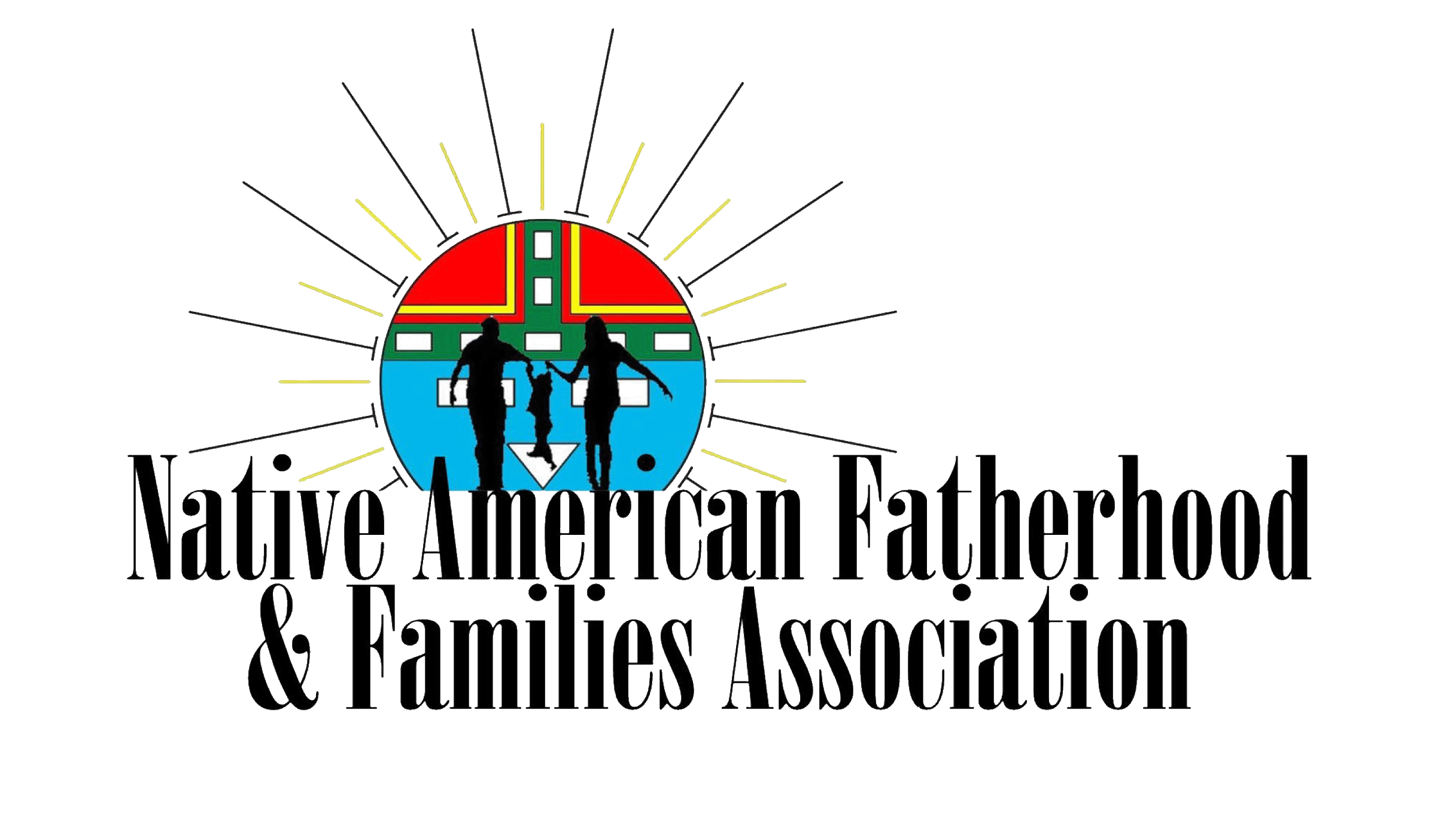Restoring the Native American Family
- Apr 20, 2018
- 3 min read
Updated: Apr 23, 2018
When one turns on the news or scrolls through their social media feed, it can be quite disturbing to learn about the trends which seem to be happening in society. Acts of violence such as abuse, rape, and even mass murder seem to saturate news outlets. The feelings of despair may only intensify when hearing of the rates of poverty, unemployment, high school dropout, divorce, fatherlessness, and so on. Upon seeing these atrocities it can be easy to shake our fists at heaven in anger and resignation. It can also be just as easy to point the finger of blame to the federal and local government or other societal structures and institutions. Whereas there may indeed be some justified blame here, it does not tell the full story. This is because the full story is actually a love story that begins in the home--more particularly, the family.
Preeminent developmental psychologist, Dr. Urie Bronfenbrenner (1986) summarized decades of research when he wrote: “The family is the most powerful, the most humane, and by far the most economical system for building confidence and character.”
There are numerous sources of influence on the state of the family in the U.S. We know this from watching the news reports, but Bronfenbrenner is referring to the entity that has the most influence on the rearing and shaping of a person--the family. This is the love story where two people come together to bring another human being into existence--hopefully to be nurtured and raised in that same love. It is in this climate that children and parents have the best chance at thriving economically, socially, emotionally, and even morally. This is all to say that as the family goes, so goes society. So, according to the news--and current sociological data--neither the family nor society are doing very well.
One of the biggest threats to the well-being of children and families is that of fatherlessness. Currently, over 24 million children in the United States are growing up in biological-father absent homes. The National Fatherhood Initiative (www.fatherhood.org) helps to connect the dots between the acts of violence, the prevalence of poverty, high school dropout rates and fatherlessness.
● Children in father-absent homes are almost four times more likely to be poor. In 2011, 12% of children in married-couple families were living in poverty, compared to 44% of children in fatherless families.
● Youths in father-absent households still had significantly higher odds of incarceration than those in mother-father families.
● Father involvement in schools is associated with greater academic success and achievement in their children.
The research confirms again and again, that children who grow up in a home headed by a married mother and father have the best chance to thrive in every area of life. These children are also less likely to: abuse drugs and alcohol, have children out-of-wedlock, commit acts of violence and other crimes. The benefits go on and on. Why? Because all humans are born with an innate need to connect with and be loved by others. When this connection is severed or disrupted by family discord, divorce, abandonment, or abuse, individuals will seek out other ways to find connection or belonging. Or worse yet, those inner wounds can manifest themselves in society through criminal acts of violence or addictions.
Sadly, the state of the family is even worse in some ethnic groups more than others. Particularly, the Native American family has been struggling for many years. While the causes of the plight of the Native Americans are varied and heavily debated, the solution is clear: Restore and strengthen the family unit and you will restore and strengthen the people.

The Native American Fatherhood and Families Association has been working with fathers since 2002 with the first father to the present with thousands of fathers. We have seen lives changed, families strengthened and children saved from the evils of the world as fathers go home to their families. A hope for our future.






I am a 49 year old Lakota man that has just been released from prison.I've missed out on so much of my children's lives .I am a changed man .I now know the importance of having a father and not having one . My children now see that. Now is the time to be a grandfather to the little one's. I support any one who is there for their kids.